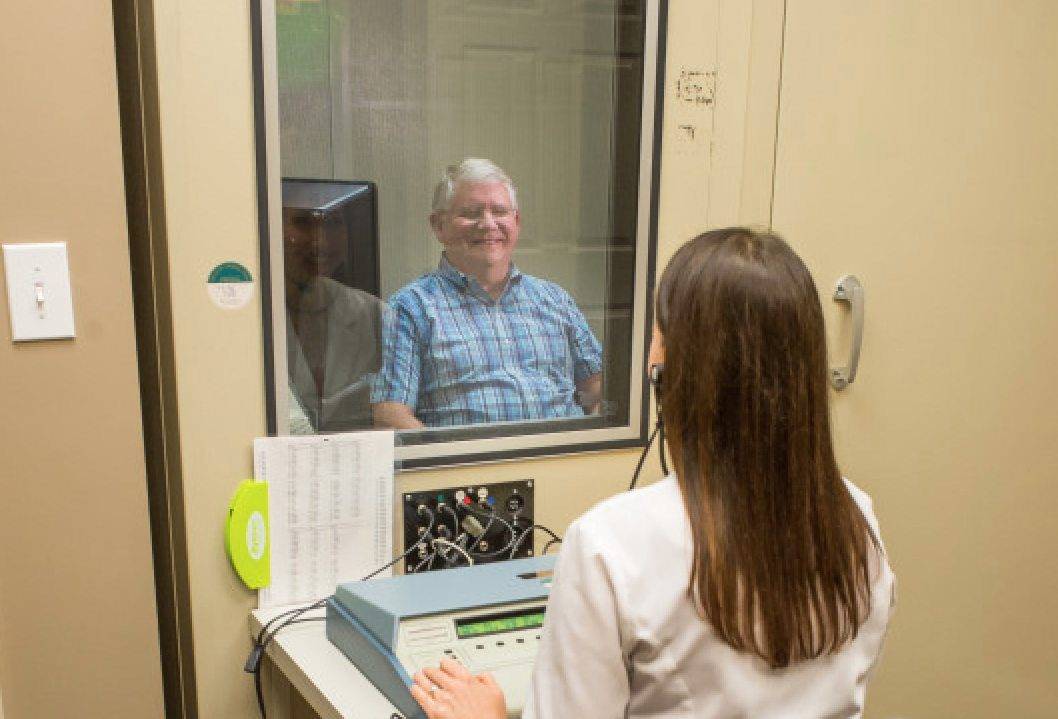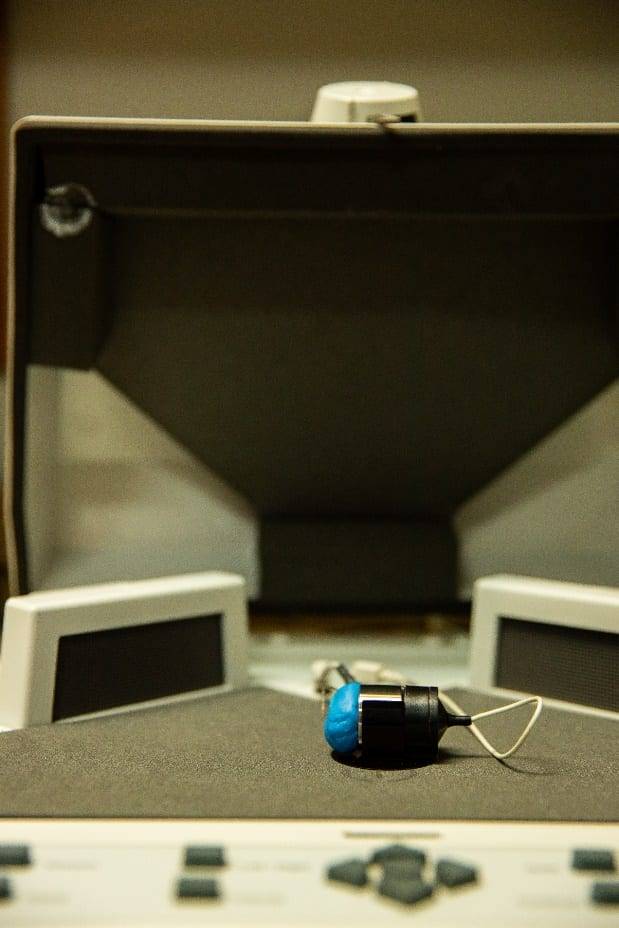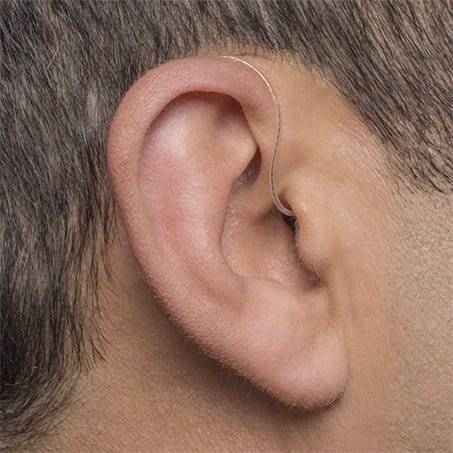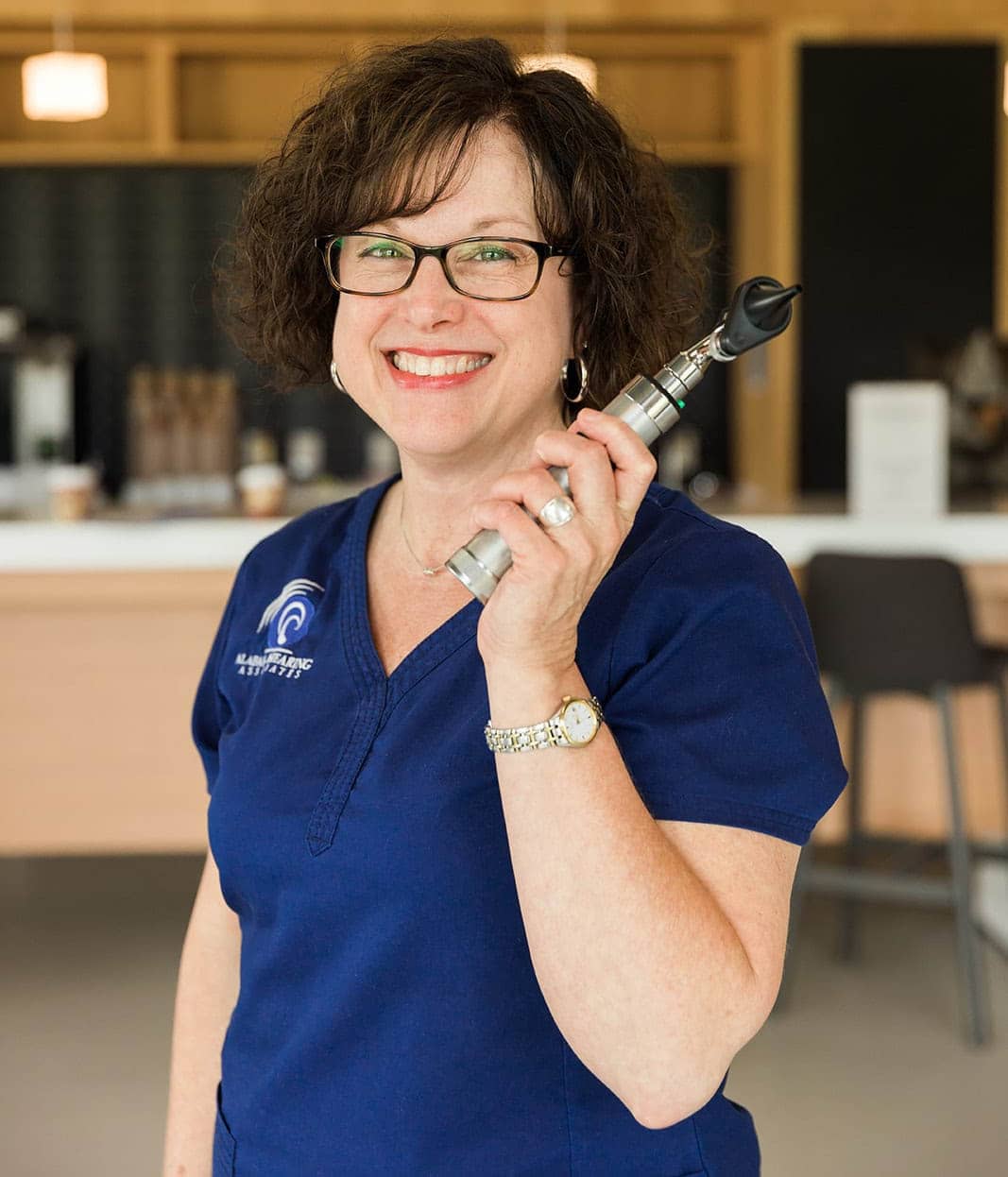Why Hearing Loss Often Goes Unnoticed
If you are a parent, you’ll understand when I say that our children grow up without us even realizing it.
You are with them every day, especially in the early years, and you don’t notice the small, gradual changes. Yet when you look back at photographs of them from just a few years ago, you’re surprised at just how much they have changed.
It’s the exact same with your hearing.
In most cases, hearing loss happens very slowly, and it is practically impossible to notice any measurable difference in your hearing ability from day to day. Yet if you compare the difference between your hearing today and several years ago, you might notice some big differences right away.
Have you noticed difficulty understanding colleagues in meetings? Do you ask family or friends for repetition? Are you frustrated because you can’t understand a favorite television show, even with the volume turned up? Do you secretly feel others are just mumbling or speaking too fast? Has your spouse accused you of not paying attention or having “selective hearing?”
If you have noticed any of these issues, you might have a hearing loss. The gradual nature of hearing loss is the main reason why the people around us notice the decline in hearing before we do.
Untreated hearing loss creates a barrier to good communication with family, friends and co-workers. Over time, untreated hearing loss causes the auditory structures in the brain to decline and can also lead to feelings of isolation, anxiety, fatigue, and depression.
This is why we’re passionate about raising awareness of the first signs of hearing loss and urge you to take the first step toward treatment, a comprehensive hearing evaluation.
To schedule your comprehensive hearing evaluation, you can complete the form on this page and we will call you back shortly, or you can call us at 256-319-4327.
Schedule a Hearing Evaluation
Please complete the short form below to request your hearing evaluation appointment.
We’ll contact you to confirm your booking.
Dr. Susan is excellent! She always takes the time to explain what is going on, what she is doing, and what the expected outcome is. She is attentive and responsive. All of her staff is excellent at customer service. I always feel like a valued customer. Thanks to everyone at AHA, you guys rock!
Dr. Jan Liles and her staff are some of the most caring and competent medical professionals we have encountered. We are so grateful for the way this practice serves our community and beyond with their dedication to patients and families. I whole heartedly recommend this practice for heating needs.
What Happens at a Hearing Evaluation?
#1 - A Big Friendly "Hello"
We want to visit with you and your most familiar voice, a family member or close friend, and understand the reasons you’ve decided to have your hearing tested.
Have you noticed difficulty understanding colleagues in meetings? Do you ask family or friends for repetition? Are you frustrated because you can’t understand a favorite television show, even with the volume turned up? Has your spouse accused you of not paying attention or having “selective hearing?” Do you have ringing in the ears?
#2 - Let's Look In Your Ears
We’ll take a look in your ears to make sure everything is healthy. If there is a blockage, such as ear wax, our doctors will remove it.
#3 - You'll Enter The Sound Booth
A hearing test is very simple. We will insert soft, foam earphones and give you a button to press when you hear a sound.
We’ll be testing different pitches and intensity levels in order to find out the softest sounds you can hear across your “piano of hearing.” You will also be asked to repeat words in quiet and in the presence of background noise.
#4 - Review The Results
The results of your hearing test are plotted onto an audiogram. This graph will highlight what you are hearing well and what you are struggling to hear.
We will review your audiogram and explain how this relates back to the reasons you scheduled the hearing test to begin with.
#5 - Let’s Make a Treatment Plan
If you have a hearing loss that needs medical attention, we will refer you to an Ear, Nose, & Throat physician. If your hearing loss is a permanent, nerve type loss, we will work together to develop a treatment plan to help you hear better.
Request a Callback
It is often the small things that hold us back from making a decision. That’s why we are on hand to help.
Simply complete the Callback form to request a friendly, no-obligation conversation with one of our helpful team members.







